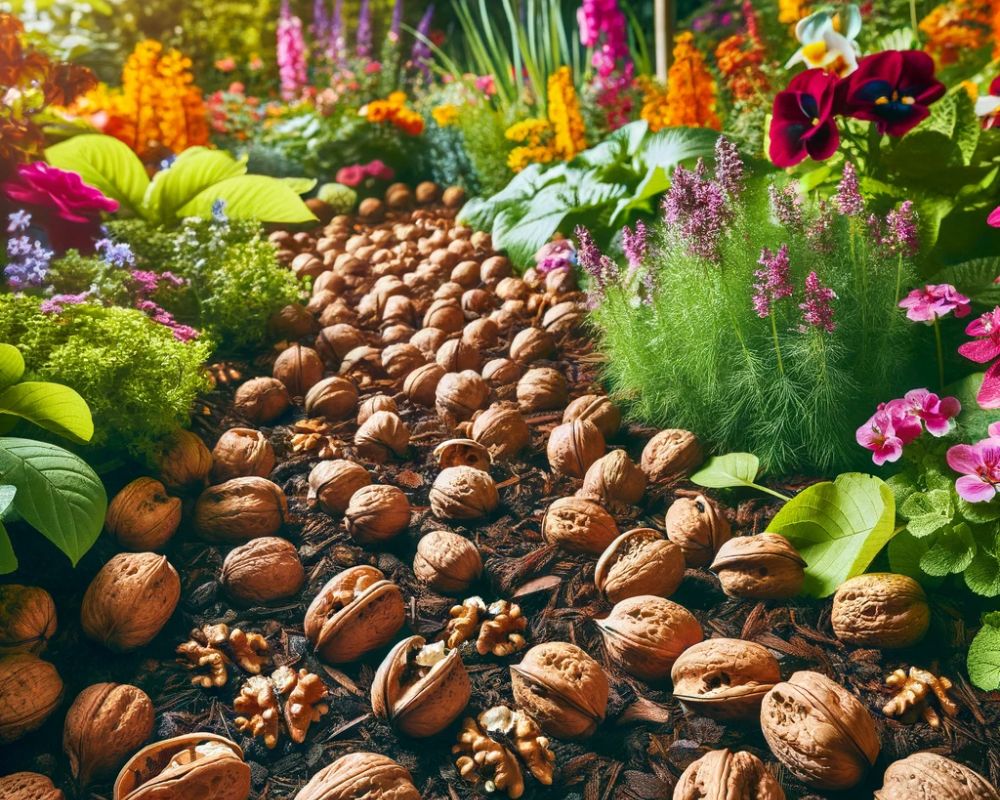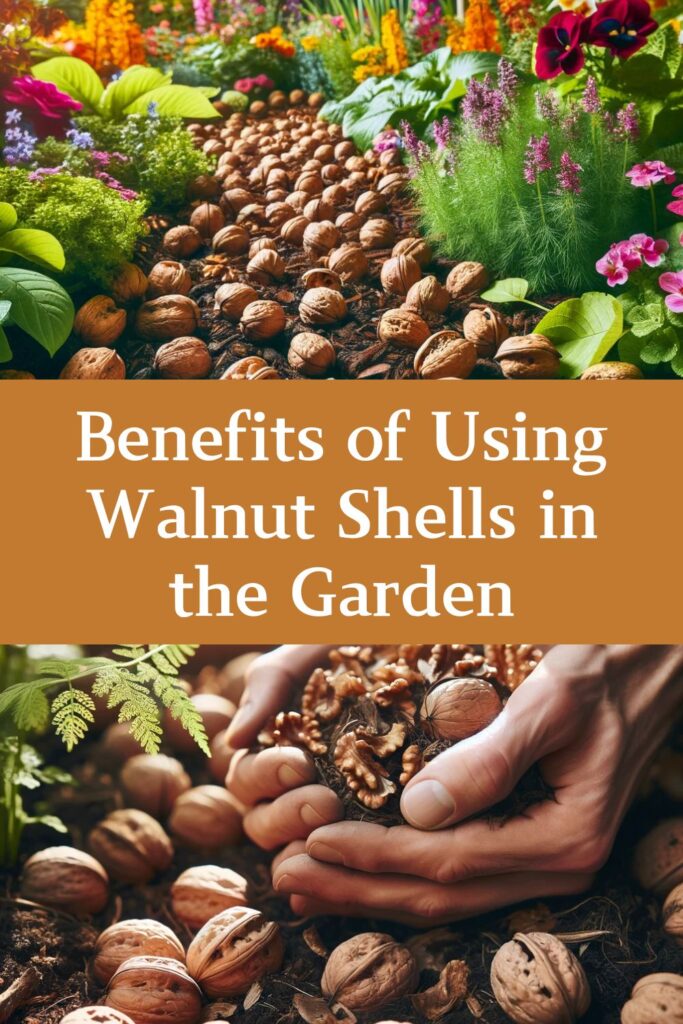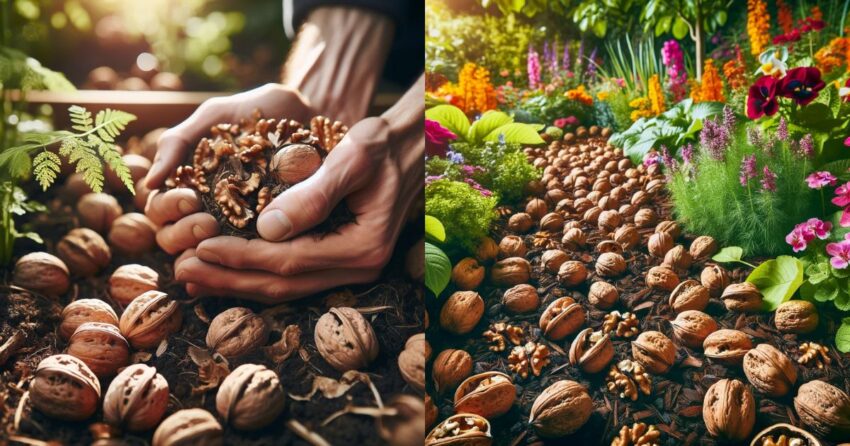In the realm of gardening, innovation and sustainability often go hand in hand. One such sustainable practice gaining traction among gardening enthusiasts is the use of walnut shells. This article delves into the multifaceted benefits of using walnut shells in your garden, transforming what’s often seen as mere kitchen scraps into a valuable gardening asset.
Walnut Shells – An Overview

Walnut shells, the hard protective coverings of walnuts, have been used in a variety of ways across cultures and industries. From being a component in cleaning products to serving as a natural abrasive, their utility extends far beyond their initial purpose. In gardening, these shells open up a world of possibilities, offering natural solutions to several gardening challenges.
Benefits of Using Walnut Shells in the Garden
- Natural Pest Deterrent: Walnut shells have a unique texture and scent that act as natural deterrents for many garden pests. Sprinkling crushed shells around your plants can help keep slugs and other small pests at bay.
- Soil Health Improvement: As walnut shells decompose, they enrich the soil with essential nutrients. This slow release of nutrients ensures a long-term benefit to the soil, promoting healthier plant growth.
- Water Retention: Walnut shells help in retaining soil moisture, thereby reducing the need for frequent watering. This makes them an excellent addition to your garden during dry spells.
- Eco-Friendly and Sustainable: By repurposing walnut shells in your garden, you’re contributing to a more sustainable ecosystem. This practice reduces waste and promotes a circular economy.
How to Use Walnut Shells in Your Garden
- Preparation and Safety Tips: It’s important to note that walnut shells contain juglone, a compound that can be toxic to certain plants. Composting the shells for a year can break down juglone, making them safe to use.
- Practical Applications: Crushed walnut shells can be used as mulch to protect your soil and plants. They can also be added to compost piles to improve compost texture and nutrient content.
Creative Ideas for Walnut Shells in Garden Design
Walnut shells can be more than just a gardening aid; they can also add aesthetic value. Crushed shells can create beautiful, natural-looking pathways or be used to create decorative borders around flower beds.
Common Concerns and Solutions
Some gardeners express concerns about the allelopathic effects of walnut shells, particularly their potential to inhibit the growth of certain plants. It’s advisable to research and avoid using walnut shells around sensitive plants, or to thoroughly compost the shells before use.
Testimonials or Case Studies
Many gardeners have found success incorporating walnut shells into their gardening practices. One gardener noted, “Since using walnut shell mulch, I’ve seen a noticeable reduction in pests, and my soil retains moisture much better.”
Conclusion
Walnut shells offer a range of benefits for gardeners seeking sustainable and effective solutions. From enhancing soil health to deterring pests naturally, these shells can play a pivotal role in your gardening journey. We encourage you to experiment with walnut shells and share your experiences with our community.


